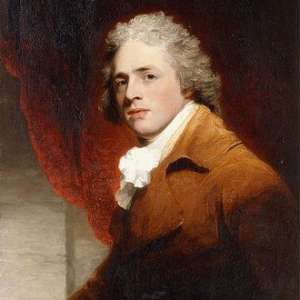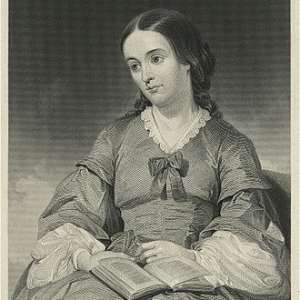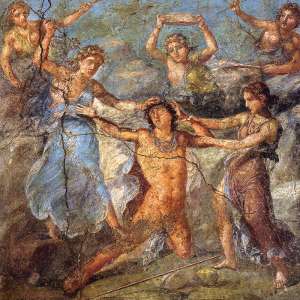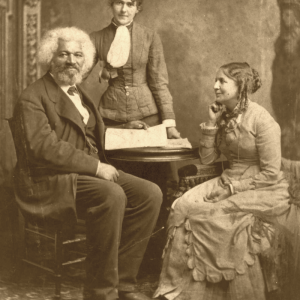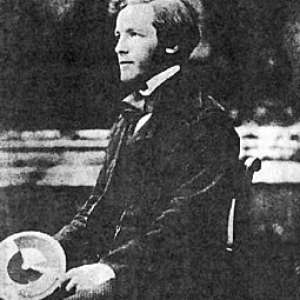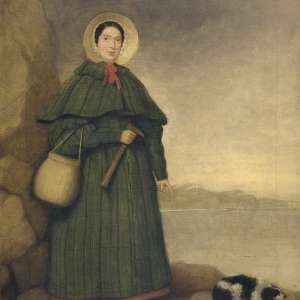1. He was not a professional theologian.
He was an apologist and a scholar of medieval literature. Nevertheless, he was familiar with Christian theology since it served both of those vocations. He viewed his task as translating Christianity into laymen’s terms. He thought that this was a much-needed task in the twentieth century, given the widespread ignorance of what Christianity taught. He repeatedly suggested that ordination exams require candidates for ministry to translate some theological topic into the vernacular. Until a minister can do this, he said, he does not understand his subject, nor will he be much help in converting the unbelieving.
2. He believed good stories train us to be human.
We should imbibe good stories. Stories, like nature, furnish us with a collection of images that help us to understand ourselves and our world. Good readers, Lewis says, “mouth over their favourite lines and stanzas in solitude. Scenes and characters from books provide them with a sort of iconography by which they interpret or sum up their own experience.”1 Thus, it is essential that the scenes and characters that shape us are, to use a simple word, “good.”


